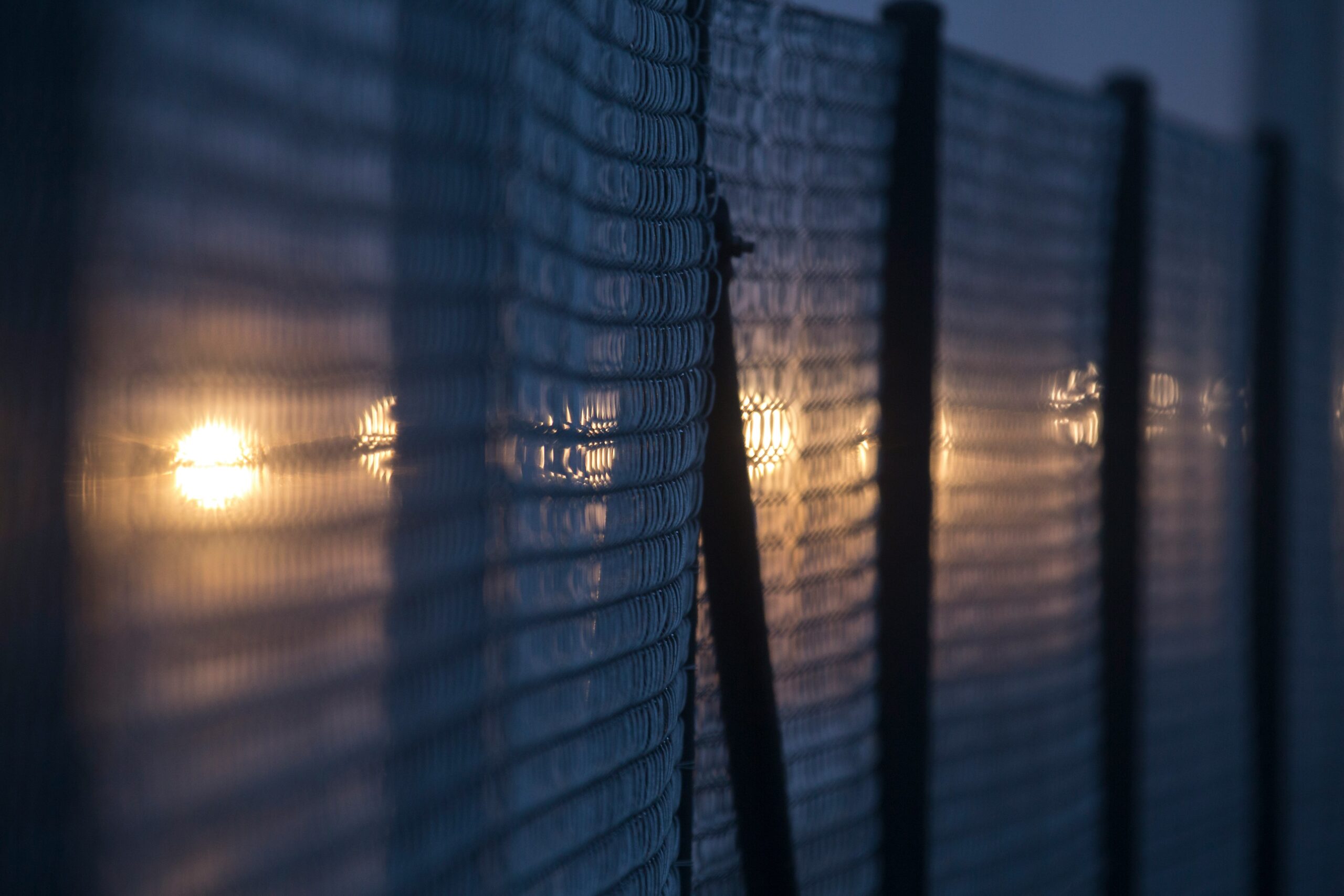Joe Abraham, the father of University of Illinois student Katie Abraham, who was tragically killed earlier this year by a person in the country illegally, joined Chicago’s Morning Answer to discuss his experience attending last week’s House Oversight Committee hearing. The hearing featured testimony from Illinois Governor J.B. Pritzker, who defended the state’s sanctuary policies before Congress.
Abraham attended the hearing as part of a growing group of families personally impacted by crimes committed by undocumented immigrants. His daughter Katie and her friend were killed in Champaign by an individual who entered the country under an alias—information that Abraham says was already known to U.S. marshals.
“The front-end process failed us,” he said during the interview. “We’re left suffering the consequences after the fact.”
Abraham criticized what he called a “false choice” often pushed in the immigration debate—either open borders or being labeled anti-immigrant. He said that while his own family comes from an immigrant background, he believes in a “reasonable, legal process” for immigration, one that vets individuals before they enter the country rather than relying on the justice system to react after tragedy has struck.
While Governor Pritzker expressed sympathy for the Abraham family during the hearing, Joe said the comments rang hollow, especially since the governor never reached out to him privately in the six months since Katie’s death.
“I’m just collateral damage,” Abraham said. “It’s like they’re saying, ‘Just deal with it—this is the price of progress.’ But I don’t know what the ‘greater good’ is supposed to be.”
He also criticized the contradictions he observed throughout the eight-hour hearing. According to Abraham, Democratic leaders failed to distinguish between legal and illegal immigration, instead treating all migrants as a monolithic group while expressing support for policies that encourage more to come without adequate vetting.
When asked about the motivations behind the open-door policies in sanctuary states like Illinois, Abraham said it’s hard to make sense of it.
“On one hand, they complain that the federal government is burdening them, and on the other, they’re telling people to come here, that they’ll be taken care of,” he said. “They’re helping fuel the crisis they’re complaining about.”
Joe Abraham acknowledged that he wasn’t politically active before his daughter’s death, but the experience has opened his eyes to how disconnected many political leaders are from the real-world consequences of their policies. He expressed disappointment that no national media outlets outside of conservative circles have reached out to him for interviews, saying his story likely doesn’t fit their narrative.
Despite connecting with other “angel families”—those who have lost loved ones to crimes committed by undocumented immigrants—Abraham says the grief is still fresh.
“It’s been six months, and it’s not getting any better,” he said. “I just hope that some good comes from telling Katie’s story—even if it’s too late for her.”
Joe Abraham’s testimony stands as a sobering reminder of the human impact behind policy debates, and a call for a more rational, secure, and humane immigration process—one that puts safety and lawfulness ahead of politics.





